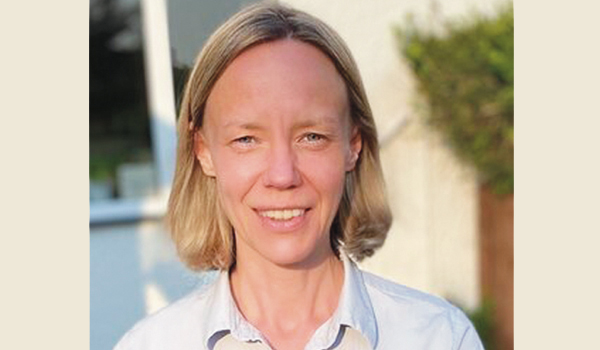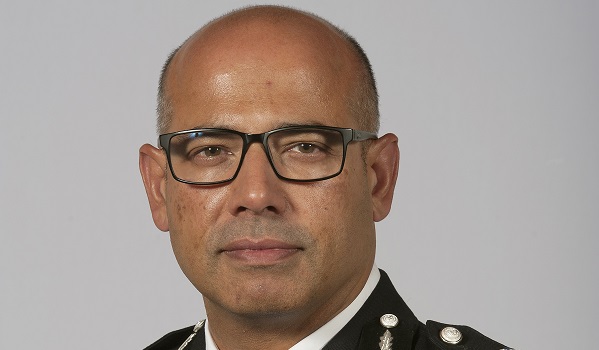No safe space for domestic abuse victims accused of offending
The Government predicts a rise in women’s imprisonment, due to the police uplift. Yet as our new study, No Safe Space, illustrates, West Midlands Police – like many forces and in line with the Female Offender Strategy – is trying to achieve the opposite, by diverting women wherever possible. Many are victims of domestic abuse.
Through the New Chance women’s diversion scheme (delivered in partnership with women’s specialist services such as Anawim) and the Project CARA out of court disposal for individuals accused of domestic abuse offences, West Midlands Police has helped reduce reoffending and enabled women to access support. Nonetheless, it faces significant challenges, many of which are likely to be replicated elsewhere.
At least 57 per cent of women in prison are victims of domestic abuse. Research suggests that for many of these women, their offending resulted directly from their experience of abuse. Our report shares insights from women with lived experience, police and other frontline practitioners about the West Midlands response to victims of domestic abuse who are accused of offending. We look at how agencies identify and support victims, divert them where possible, and take account of their experience of abuse in criminal proceedings against them. We draw out lessons for policy and practice throughout England and Wales, particularly in identifying and supporting victims.
The women told us they did not feel safe disclosing abuse, did not see any point in doing so, and were not asked until late in the process.
“They are not giving us a safe space,” explained one woman with ‘lived experience’.
The police custody environment is not conducive to disclosure of abuse, and women’s trust in the police is damaged when they are slow to respond to reports of domestic abuse. However, disclosure is not the only way to identify victims, as shown by probation practitioners who routinely check their own records on perpetrators, to assess whether women are at risk. The police could learn from this approach. Women’s specialist services facilitate disclosure through a relationship-based approach, but referrals under New Chance and Project CARA dropped significantly during the pandemic and have not yet recovered.
Regarding diversion and informed decision-making, the women strongly felt their experience of domestic abuse had not been taken into account at all during the criminal justice process. They felt they were treated as perpetrators rather than victims. They talked about the trauma of being arrested by male police officers.
Police officers reported that limited resources and rising demand reduce their ability to respond effectively to victims of domestic abuse or divert women at the point of arrest. As one said: “Demand outstrips our ability to deal with what’s coming through the door.”
It was agreed that culture change, allowing for a more compassionate and trauma-informed approach, would lead to better outcomes. The police identified a need for more resources and closer joint working with women’s services, possibly including co-location.
We have called for increased investment in women’s services, and improved guidance and training for frontline police officers, to strengthen decision-making and maximise the use of out of court disposals. The blanket exclusion of women accused of domestic abuse offences from diversion at the point of arrest should be removed. As new police recruits come on board, these measures will ultimately reduce the burden on the police, while giving women the support they and their children need to thrive.
No safe space – see https://www.policeprofessional.com/feature/no-safe-space/
Katy Swaine Williams
Consultant and criminalisation project lead, Centre for Women’s Justice






